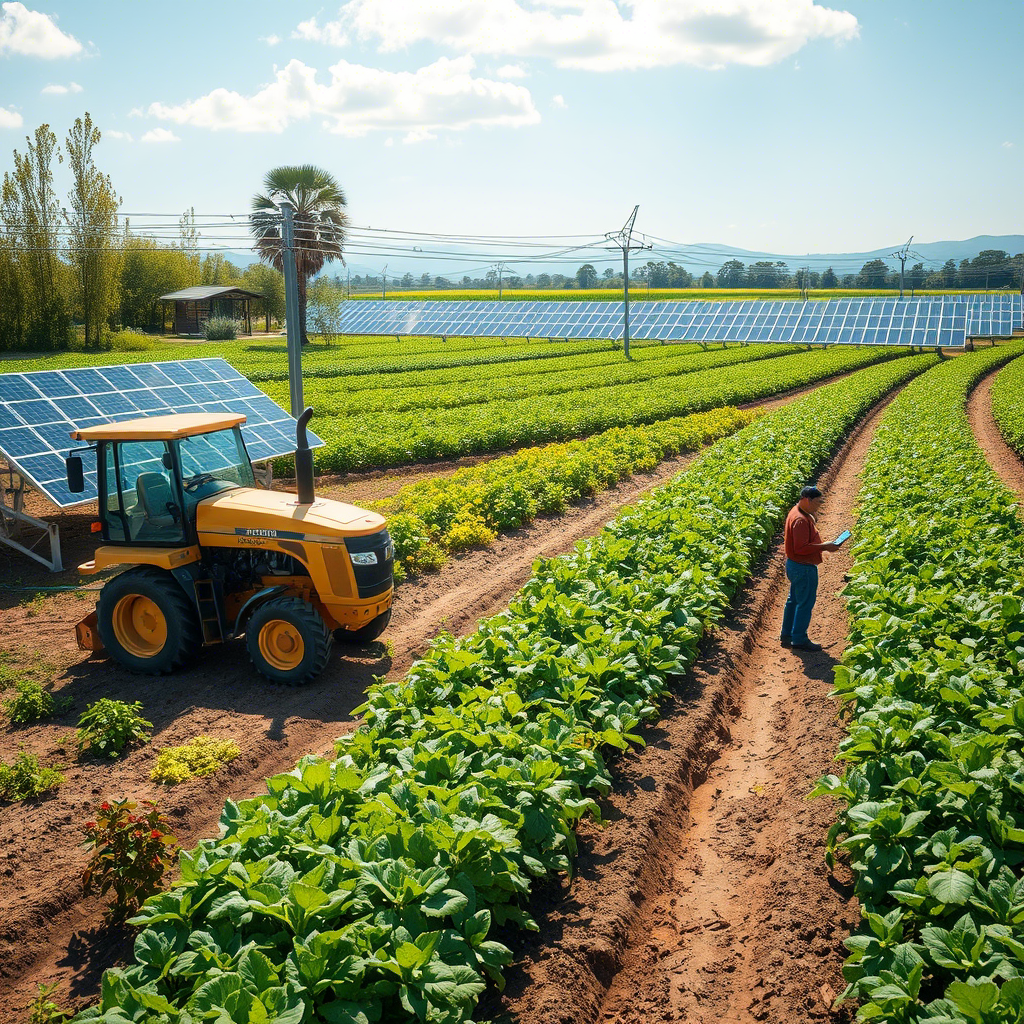As climate change continues to impact global weather patterns and water scarcity becomes a growing concern, efficient water management is more important than ever. Irrigation services, which were once dependent on manual labor and inefficient systems, are now undergoing a technological revolution. Smart irrigation systems are rapidly gaining popularity as they offer both sustainability and efficiency. These systems help residential and commercial properties reduce water waste while maintaining vibrant, healthy landscapes.
The Evolution of Irrigation Services
Irrigation has been around for thousands of years, with ancient civilizations developing complex systems to water crops and sustain agriculture. Over the centuries, irrigation methods have evolved from simple hand-dug canals to intricate systems involving pumps, pipes, and reservoirs. However, many traditional irrigation systems are highly inefficient, often over-watering or under-watering plants due to a lack of monitoring or control.
The Role of Automation in Irrigation
One of the biggest advantages of modern irrigation services is automation. Automated irrigation systems take the guesswork out of watering plants. Traditionally, homeowners and landscapers relied on timers or manual adjustments to determine when and how much water was applied to plants. This approach often led to water wastage, as plants were over-watered or watered at the wrong time of day.
Eco-Friendly Irrigation Solutions
As the world becomes more eco-conscious, there has been a significant shift toward eco-friendly irrigation solutions. These systems not only reduce water consumption but also minimize energy usage and chemical runoff. Traditional irrigation methods, such as spray irrigation, can result in significant water wastage through evaporation and overspray. In contrast, modern, eco-friendly systems focus on maximizing water efficiency.
Drip irrigation, for example, delivers water directly to the roots of plants, minimizing evaporation and ensuring that water is used where it’s needed most. This method is highly effective for both residential and commercial landscapes, as it reduces water usage by up to 50% compared to traditional sprinklers.
Smart Irrigation for Residential Spaces
For homeowners, adopting a smart irrigation service can lead to significant water savings while maintaining a beautiful, healthy lawn and garden. These systems are designed to be user-friendly, offering customizable settings to meet the specific needs of different landscapes.
Smart sprinklers and drip systems are perfect for residential spaces, offering precise control over watering schedules and amounts. With the help of weather sensors, these systems automatically adjust based on local rainfall, temperature, and humidity, ensuring that your garden gets the right amount of water at the right time. The result is a lush, green landscape without the waste associated with traditional irrigation methods.
Smart Irrigation for Commercial Spaces
Smart irrigation systems aren’t just beneficial for homeowners—they’re also a game-changer for commercial spaces. Businesses that manage large landscapes, such as golf courses, resorts, parks, and office complexes, can greatly benefit from the efficiency and sustainability that smart irrigation provides.
By adopting smart systems, commercial property owners can achieve significant reductions in water usage while maintaining healthy and attractive landscapes. Commercial smart irrigation systems can be customized to meet the needs of large-scale properties, incorporating advanced features such as zone control, weather integration, and real-time water monitoring.
The Impact of Smart Irrigation on Water Conservation
Water conservation is one of the primary goals of smart irrigation. With water resources becoming increasingly scarce, it’s essential to use water as efficiently as possible. Smart irrigation systems help conserve water in several ways:
- Real-Time Monitoring: Sensors can track soil moisture levels and ensure that plants are watered only when needed, avoiding over-watering.
- Weather Integration: Weather data can be used to adjust watering schedules based on rainfall and temperature, preventing watering during rain or in drought conditions.
- Remote Control: Homeowners and businesses can remotely monitor and adjust their systems to prevent unnecessary water usage.
- Water-Efficient Technology: Smart irrigation systems are often equipped with water-saving technologies like drip irrigation, which deliver water directly to plant roots, minimizing waste.
In addition to reducing water consumption, smart irrigation also helps reduce runoff, which can carry pollutants into nearby water sources. By using the right amount of water at the right time, smart systems promote healthier soil and plants, reducing the need for chemical fertilizers and pesticides.
Conclusion
The future of irrigation services is undoubtedly smart, sustainable, and efficient. With the rise of automated systems, eco-friendly solutions, and cutting-edge technologies like AI and IoT, irrigation has evolved into a highly efficient process that can save water, reduce costs, and protect the environment. Whether you’re a homeowner or a business owner, investing in a smart irrigation system is a step toward creating a more sustainable landscape and contributing to water conservation efforts.
FAQs
- What is smart irrigation, and how does it work?
Smart irrigation uses technology such as sensors, weather data, and automated systems to optimize water usage in irrigation. It adjusts watering schedules based on real-time data, ensuring that plants receive the right amount of water at the right time.
- How can smart irrigation help reduce water usage in my garden?
Smart irrigation systems reduce water waste by using soil moisture sensors and weather data to deliver water only when necessary. This ensures that your garden is watered efficiently, preventing over-watering and minimizing water loss through evaporation.
- Can I install a smart irrigation system myself, or do I need a professional service?
While some smart irrigation systems are DIY-friendly, it’s recommended to consult a professional for proper installation, especially for larger systems.
- Are smart irrigation systems expensive to install and maintain?
While the initial installation cost may be higher than traditional irrigation systems, smart irrigation can lead to significant savings in water bills over time.






